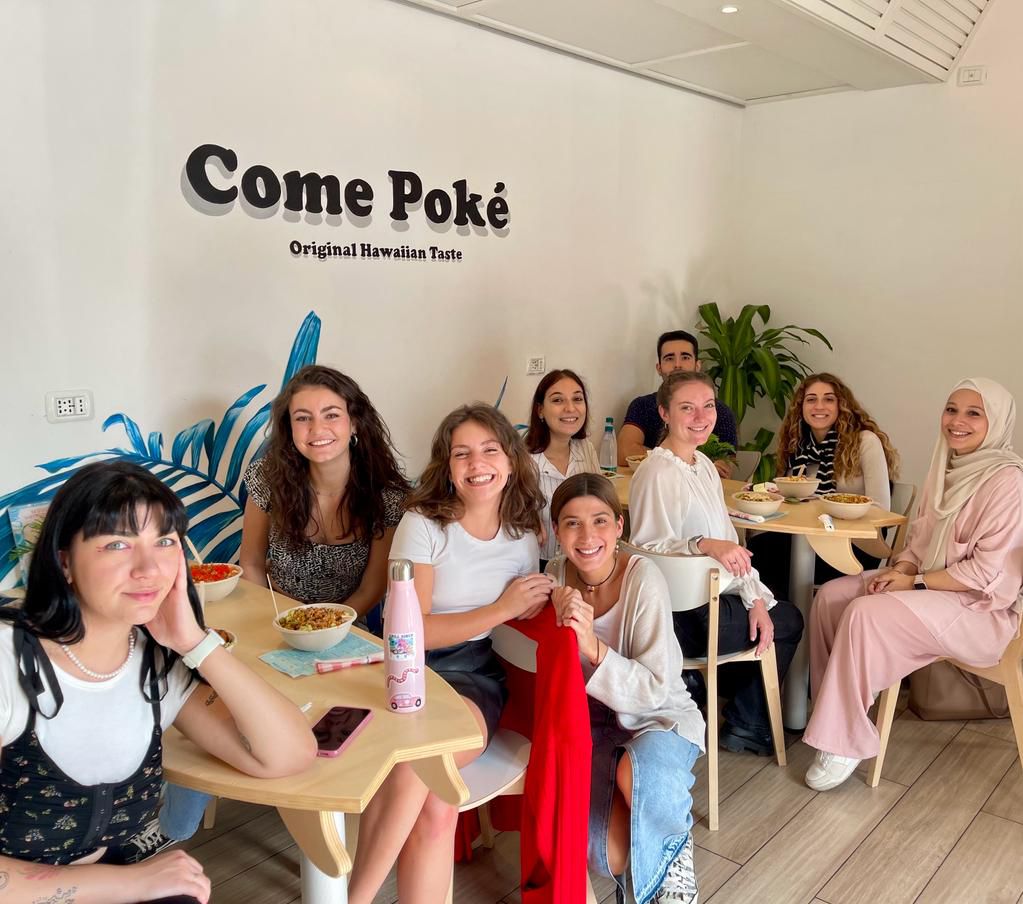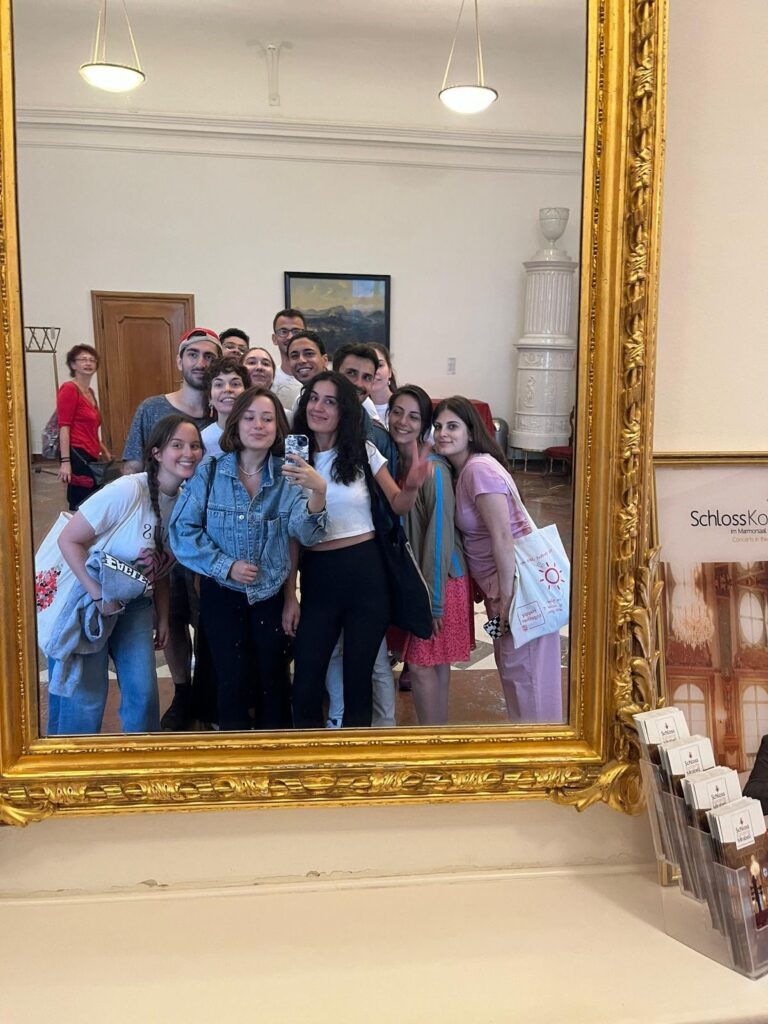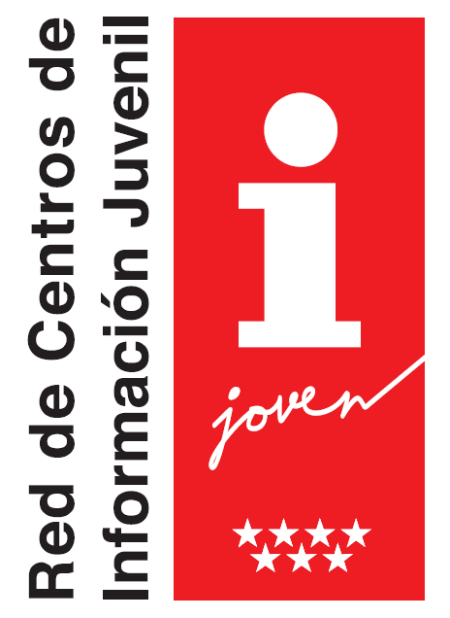Integrational workshop for the Disabled IWO – Work and Employment
Project start: September 2015, duration 12 months
Description of the organisation
The sheltered workshop of the IWO conducts exemplary integration and support for mentally, physically or severely disabled people through manifold and ambitious employment opportunities and individual caregiving and therapeutical assistance.
Disabled friendly places and equipments foster equal participation in working and communal life, personal and vocational education and autonomy of disabled people.
We are members of the Parity Charity Association Germany and reckognized hosting organisation for german national volunteering programs.
Special needs
The staff members of the Integrationswerkstätten Oberschwaben gGmbH are qualified specialists in Special Needs or Therapeutic Pedagogy and apart from their theoretical knowledge they are experienced in practice. According to requirements of disadvantaged volunteers they will develop and carry out an individual concept for reinforced mentorship.
Volunteers with special needs could be accepted after consultation with the hosting as well as sending organisation to find and to agree appropriate opportunities of voluntary activities. According to the nature of disadvantages a preparatory visit will be planned.
Motivation and EVS experience
The Integrationswerkstätten Oberschwaben gGmbH (abbr.: IWO) collaborates in care for the handicapped people a fairly long time with voluntarily working people. Apart from participants in the german Voluntary Social Year program and conscientious objectors this includes relatives of residents and citizens from the region and its surroundings, who get voluntarily involved in the social care of young and handicapped people.
By hosting young people from abroad we want to provide insight in our work with young and handicapped people and to convey a comprehensive understanding for the relevance of voluntary work for the civil society.
This cooperation with European Volunteers enables the development of an European awareness involving all employees in that placement as well as reflecting and discussing the work and lifestyles of different countries.
Since 2010 all in all 6 young people completed a European Voluntary Service in the Special Needs Department of the IWO. Our experiences were mostly positive.
Project environment
Employment department and fields of work
- Physically, mentally or severely disabled people can find in the IWO a reasonable employment, but final mission and objective of our work is – as far as possible – placement of disabled people on the external employment market.
- Vocational and personal qualification as well as maintenance and development of physical capacities are supporting pillars of our work. Therefor we offer of a variety of pedagogical, therapeutical and caregiving measures.
- Latest structural and technical equipment manifold fields of work and interesting potential earnings for disabled people.
- Work is an important purpose of life, even for disabled people. Therefore we are offering more than 200 working places in our sheltered workshop.
Department of Vocational Training
For two years newly hosted disabled co-workers pass through a special training to test their abilities and aptitudes. Individual curriculums and trainings for qualification aim at a placement in the sheltered workshop or on the external working market.
Employment and rehabilitation foster self-confidence and participation in our community.
European Volunteers are expected to keep the rules of our work with handicapped people:
- acceptance of handicapped people in their particular personality
- ability to cope with strain by challenging behaviour
- full cooperation with staff members
- loyal and responsible acting according to the particular objective of our work
- to be motivated to develop future prospects for handicapped people
- to be courageous to act creative and flexible
Description of the location
Weingarten (German for «vineyard») is a town with a population of 24,500 inhabitants in the District of Ravensburg, between the Alps, the Lake of Constance and the Swabian Alb. Together with the southern neighbour cities of Ravensburg and Friedrichshafen on Lake Constance (Bodensee), it forms a medium-sized infrastructural centre. The town is seat of the University of Applied Sciences of Ravensburg-Weingarten (Hochschule Ravensburg-Weingarten) and of the Teachers’ College of Weingarten (Pädagogische Hochschule Weingarten).
In 1056 a Benedictine abbey was founded at the settlement; this abbey was named Weingarten Abbey.The abbey of Weingarten became one of the wealthiest monasteries in southern Germany, owning about 306 km² of rich estates.
Since the late 18th century mechanical engineering has traditionally been the main industry branch in the region. Based on the demand of the paper and textile industry (now widely reduced) and a long tradition of flour, paper and other mills many engineering factories arose at the end of the 19th century.
Ravensburg is today a thriving shopping town in the wealthy region of Upper Swabia. Unemployment is relatively low.
To ensure regional mobility European Volunteers get a monthly ticket which is valid for all public transport associations in the district of Ravensburg.
Proposed activities for EVS volunteersLearning opportunities
During their activities volunteers will learn about social and emotional necessities of disabled people.
Volunteers will gain competences in social care for disabled people.
Having joint responsibility for design and realisation of leisure facilities will enhance self-assurance and self-confidence of volunteers.
Integration in a foreign culture and the self-determined life of the local community will afford volunteers a personal orientation and increase the development of future perspectives.
Participation in internal professional development activities will provide volunteers with specialised knowledge of the health care and nursery system.
Volunteers can take part in a language training for European Volunteers arranged by the coordinating organisation. The aim of the language training is the command of oral every day speech with a special focus on the terminology of social care. Through language training the volunteer should be enabled to manage typical situations of daily life they will be confronted with during their voluntary service.
Tasks:
- Volunteers get the opportunity to contribute – under guidance of staff members – to the support and leisure time program of the school and residential home. Volunteers can introduce their own ideas and abilities like computer literacy, graphic design, mechanical skills, music playing etc.
- In the beginning the volunteer will only assist the groupleaders, later she/he will take on responsibility – as far as admitted by legal liabilities.
- Emphatically volunteers are invited to bring in their own ideas. Staff members will appreciate all initiatives to develop additional proposals for leisure time activities and will support planning and realization. Volunteers could develop their ideas for new games, activities or stories into a personal project if they so wished – creative ideas are always welcome.
- Volunteers are expected to accomplish a fulltime voluntary service of 38 hours per week. Overtime doing will be balanced by additional freetime.
Volunteer profiles and recruitment process
The volunteer should have an interest in social work and should be open to interact with disabled children and young people who are threatended with social exclusion. Previous knowledge of work with disabled children and young people could be helpful.
It’s necessary for the volunteers to be sociable and outgoing, to have enthusiasm, and to be tolerant to foreign cultures. Volunteers should be able to act on their own initiative, but also cooperate in a team.
A basic knowledge of german language would be helpful, in any case the willingness to learn german is expected.
A driving license class B would be helpful.
Candidates should describe their motivation for a voluntary service in this project in a detailed motivation letter. Important are neither national or social background, gender, language skills nor level of education, but a convincingly motivation.
Number of volunteers hosted: 2
Risk prevention, protection and safety
The host organization provides continuous monitoring, including easy access to the contact person (Tutor), regular dialog with the volunteers, in which the options for personal development and the interests of the volunteer are being discussed.
To prevent crises from occurring in the first place, volunteers will be given any training necessary for them to carry out their tasks.
Volunteers will be informed about their rights, regulations in the host organization, consequences of unacceptable behaviour.
In terms of risk and crisis prevention it is very important to keep all persons involved in the project informed to be able to act immediately in the case of a crisis.
However if problems occur, volunteers have different people to contact and discuss problems with. The different people are pro-active in seeking area of concern and actively finding solutions to the issues arising.
The line manager in the respective working group is on hand daily for problems, the director of the hosting organisation is accessible for volunteers every day and the co-ordinator is available by e-mail and phone at every time but meets the volunteers weekly or biweekly during language training.
Weekly during language training volunteers can meet participants from other EVS-projects from the region to exchange experiences.
Volunteers wil have the opportunity to stay in contact with their family and sending organization via e-mail or telephone at least on a weekly basis.
Organisation topics
- Disabilities – special needs
Inclusion topics
This organisation is willing to involve volunteers who face situations which make their participation in activities more difficult, from the following categories for different types of project:
- Educational difficulties
- Social obstacles
- Cultural differences
Selection process
For the selection of the volunteers we will need:
– Europass CV with picture (made in the last month)
– Motivational letter, writing that your sending organisation will be “Building Bridges”. We ask all candidates to send a specific letter of motivation – why they want to volunteer with us rather than just a general EVS one.
Remember to write in the motivation letter that your sending institution is “Asociación Building Bridges”.
All documents written in english you can send to: asociacionbb@gmail.com with subject “SVE, institución de discapacitados Steinbeis, Alemania».










Add a comment